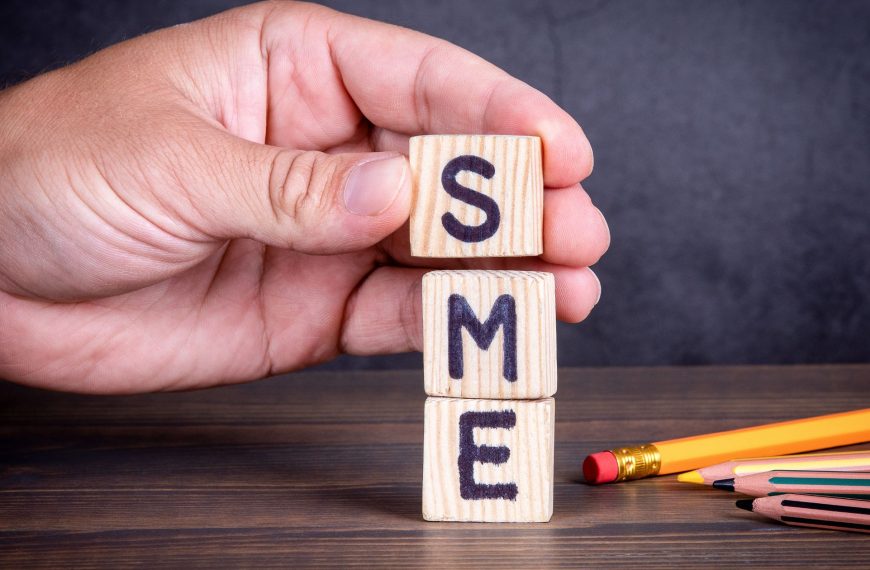During the usual chats with neighbours and friends this Christmas, the conversation shifted to the wine I had prepared for the evening.
It was a well-known white wine that I adore for aperitifs, but I also enjoy serving it alongside a fish meal with friends.
Naturally, this led to a brief discussion about personal wine preferences, culminating in the inevitable question: “How much do you pay for it?”
Over the years, I’ve cultivated meaningful relationships with wine producers, especially in my home country.
As a result, I’ve learned where to find this wine online, often at the best prices, and on platforms offering excellent deals.
Let me be clear: I only buy good wine online. While I occasionally grab bottles from Tesco or Morrisons, there are specific wines I cherish that are exclusively purchased through e-commerce platforms.
But as the conversation progressed, I found myself reflecting on the broader experience of buying wine online. These days, my focus has shifted from comparing prices between e-commerce platforms to evaluating the overall shopping experience.
What matters most to me now is how intuitive a website is, how well it remembers my past orders, and how seamless the entire process feels.
For instance, I don’t actively use social media to discover wines. Instead, I typically start my search on a specific website I trust, which inevitably leads me to Google Shopping after disabling my myriad ad blockers, VPNs, and other tools.
I’ll explore options across various platforms, but I almost always return to that initial website to make my purchase.
Why? It’s not because it’s the cheapest option or offers a unique user experience. The real reason lies in its recommendation system, which suggests wines based on my previous orders and offers discounts on bottles I’ve enjoyed before.

It’s reminiscent of Amazon’s approach to audiobooks, where personalised suggestions and bundled deals enhance the shopping experience. On top of that, there’s often a gift—a bottle or accessory—that I can repurpose as a thoughtful gesture at a dinner party or as a present for a wine-loving relative.
Interestingly, I receive promotional emails from multiple wine retailers but rarely open them, let alone click through. While my experience isn’t universal, it seems that others I’ve spoken with also find themselves gravitating towards platforms offering a similar mix of personalisation and convenience.
When it comes to fine wines, this balance between art and science becomes apparent.
Creating a Compelling Brand Experience
Wine e-commerce is more than just selling bottles; it’s about creating a compelling brand experience. Building a strong customer base requires a strategic blend of marketing, reputation management, and operational efficiency.
For example, the website I now rely on for festive orders was once the target of negative remarks from its competitors.
While no rival ever speaks positively of another, their criticism inadvertently piqued my curiosity. Over time, my experience with this platform—from its tailored suggestions and curated tasting boxes to its flawless shipping arrangements—has cemented my loyalty. (Not once have I received a broken bottle!)
Marketing Strategies
In marketing, we’re not just selling wine or spirits; we’re selling experiences. Reputation is paramount. For e-commerce platforms that juggle offerings from both small and large producers, aligning customer search behaviour with internal operations is crucial. This means considering how expensive it is to store slow-moving wines, managing gross margins, and deciding which products to feature in sales versus those to preserve as premium offerings.
For smaller retailers, striking a balance between niche specialisation and high-demand products is essential. One approach is to bundle popular wines at competitive prices, outperforming competitors without compromising on quality. Beyond that, creating value-added experiences—like virtual tastings or limited-edition bundles—can differentiate your brand.
Operational Efficiency
Managing inventory and ensuring efficient shipping logistics are critical. Ensuring that products arrive in perfect condition can significantly impact customer satisfaction and loyalty.
Customer Loyalty
Building customer loyalty through personalised offers, loyalty programmes, and exceptional customer service is key. Offering tailored suggestions and curated tasting boxes can enhance the shopping experience and foster long-term relationships.
A Note on Influencer Marketing
Influencer marketing for wine can be hit or miss. In many European countries, it’s often ineffective. However, it has proven to work well in the UK and Asia, making it worth exploring in those markets.
Ultimately, wine e-commerce is a delicate interplay of digital strategy, customer psychology, and operational precision. At NorthStar Consulting, we specialise in helping businesses navigate these complexities.
Whether it’s selecting the best platforms to streamline operations, optimising SEO and SEM strategies, or building bespoke systems to align search behaviour with inventory management, we’re here to help.
By focusing on content quality, brand reputation, and customer experience, we enable businesses to thrive in a competitive market.
The journey of a wine consumer—like mine—is shaped by convenience, trust, and memorable experiences.
For businesses, the challenge lies in delivering all three consistently. With the right strategies, tools, and mindset, the opportunities in this space are as rich and diverse as the wines we savour.




